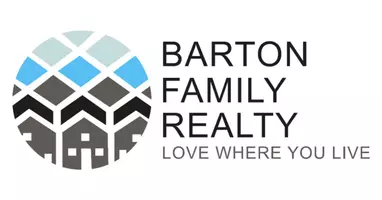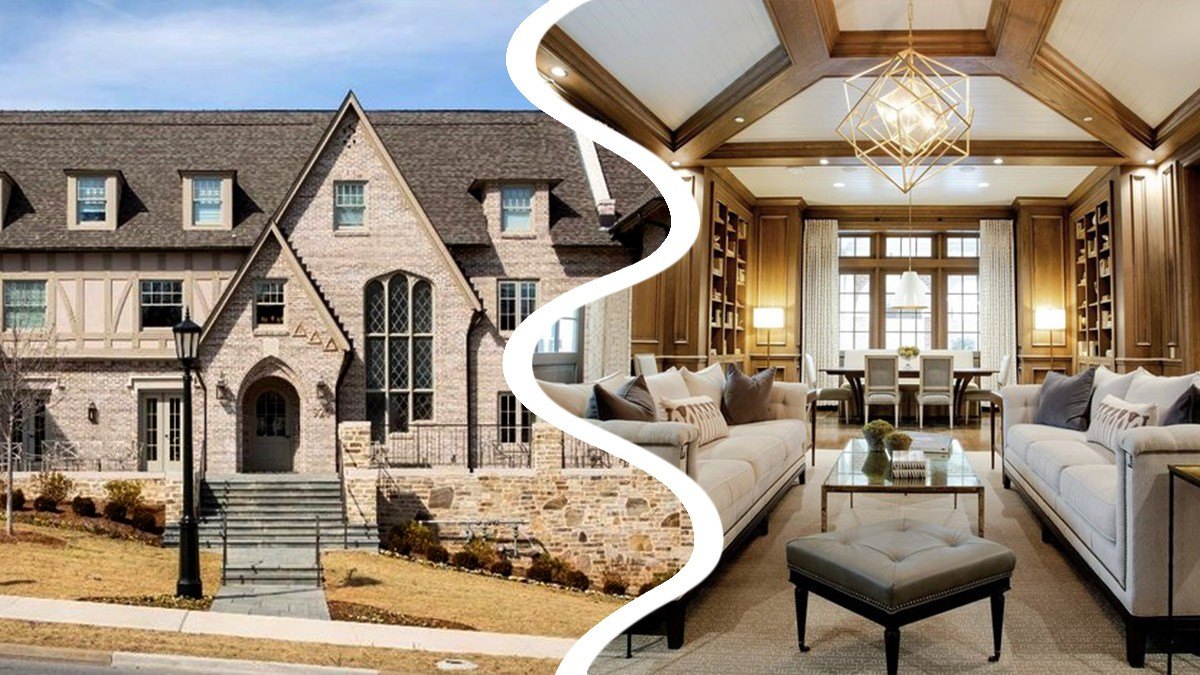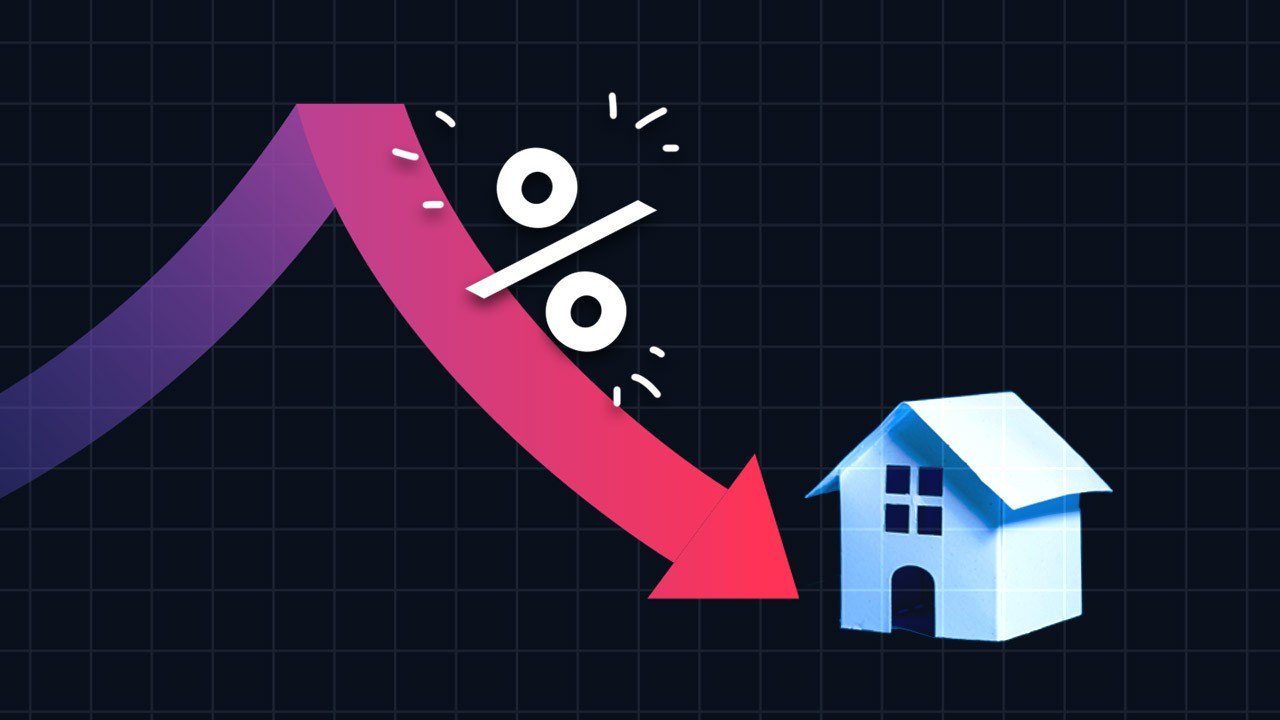Carmel, Westfield, Fishers, Zionsville Indiana Homes for Sale and More!
Meet Our Expert Carmel Indiana Realtors
Recently Sold Carmel Indiana Real Estate and Surrounding Areas
- 1/30 30
closed
$355,000
1.4%$350,000
3 Beds2 Baths1,334 SqFt11255 Midnight PASS, Fishers, IN 46037
Single Family Home
Listed by Stephen Barton of Real Broker, LLC

- 1/32 32
closed
$269,000
3.3%$260,000
2 Beds3 Baths1,708 SqFt411 Bedford DR, Westfield, IN 46074
Condo
Listed by Carol Schuler of Carpenter, REALTORS®

- 1/42 42
closed
$349,900
1.4%$345,000
4 Beds3 Baths2,164 SqFt10651 Pleasant View LN, Fishers, IN 46038
Single Family Home
Listed by Stephen Barton of Real Broker, LLC








